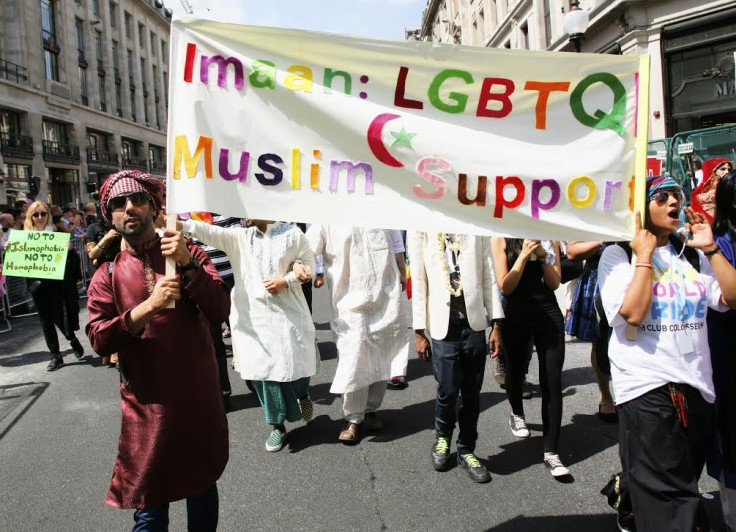UK rejects 70% of asylum claims from gay people facing persecution

KEY POINTS
- Of the 3,535 asylum claims involving sexual orientation, only 814 were granted.
- Asylum seekers from countries such as Uganda, Nigeria and Iran refused entry.
- One in five asylum seekers from Pakistan claimed they were fleeing persecution for being gay.
The government refuses nearly 70% of all asylum claims from people who cite sexual orientation as a reason, including those from countries where being gay can be punishable by death.
According to Home Office figures released for the first time, there were a total of 3,535 claims where being gay was given as a reason or part of the basis for seeking asylum into the UK. This figure amounts to roughly 6% of the total 58, 761 asylum claims made between 1 July 2015 and 31 March 2017.
Of the 3,535 asylum seekers claiming to be fleeing their country of origin due to facing persecution because of their sexual orientation, more than two-thirds (2,379) were rejected.
The figures show 20% of the 1,000 asylum claims from people from Pakistan gave being gay or bisexual as a reason, the highest figure of all the nationalities. Of the 1,000 claims, only 233 were granted asylum in the first instance, with 700 initially refused.
The second highest number of asylum claims where sexual orientation had been raised were from Bangladesh (454, 14%) followed by Nigeria (362, 18%).
The Home office accepted 63 gay asylum seekers from Nigeria and rejected 268, with the other appeals still in process. Nigeria is one of the countries where it is illegal to be homosexual, with LGB people facing up to 10 years in jail under the Same Sex Marriage Prohibition Act.
Elsewhere, the nationalities with the highest proportion of total claims that were based on sexual orientation were Uganda (67%) – a country notoriously intolerant of homosexuals – Cameroon (38%) and Tanzania (32%).
Not a single application based on sexual orientation were granted to asylum seekers from India (82) or Sri Lanka (48).
The government stressed that the statistics are "experimental" and should be examined with caution. The Home Office said the figures do not show whether sexual orientation was the sole basis for the asylum claim, when sexual orientation was raised in the claim or if it had any bearing on the outcome.
Responding to the figures, Paul Dillane, executive director of the Kaleidoscope Trust, which supports the human rights of LGBT people, said: "This is a welcome step forward but they raise a series of concerns: the statistics do not provide any information as to why a person seeking asylum on account of their sexuality was refused, trans people are excluded entirely and we do not know how many people were detained upon seeking asylum.
"Asylum claims by LGBT people are often matters of life or death. We urge the Home Office to take proactive steps to ensure LGBT people fleeing persecution are genuinely protected."
A Government spokesperson added: "The UK has a proud history of granting asylum to those who need our protection. Each application is carefully considered on its individual merits against background country information and the evidence provided by claimants.
"Where someone is found to be at risk of persecution or serious harm in their country of origin because of their sexuality or gender identity, refuge will be granted."























